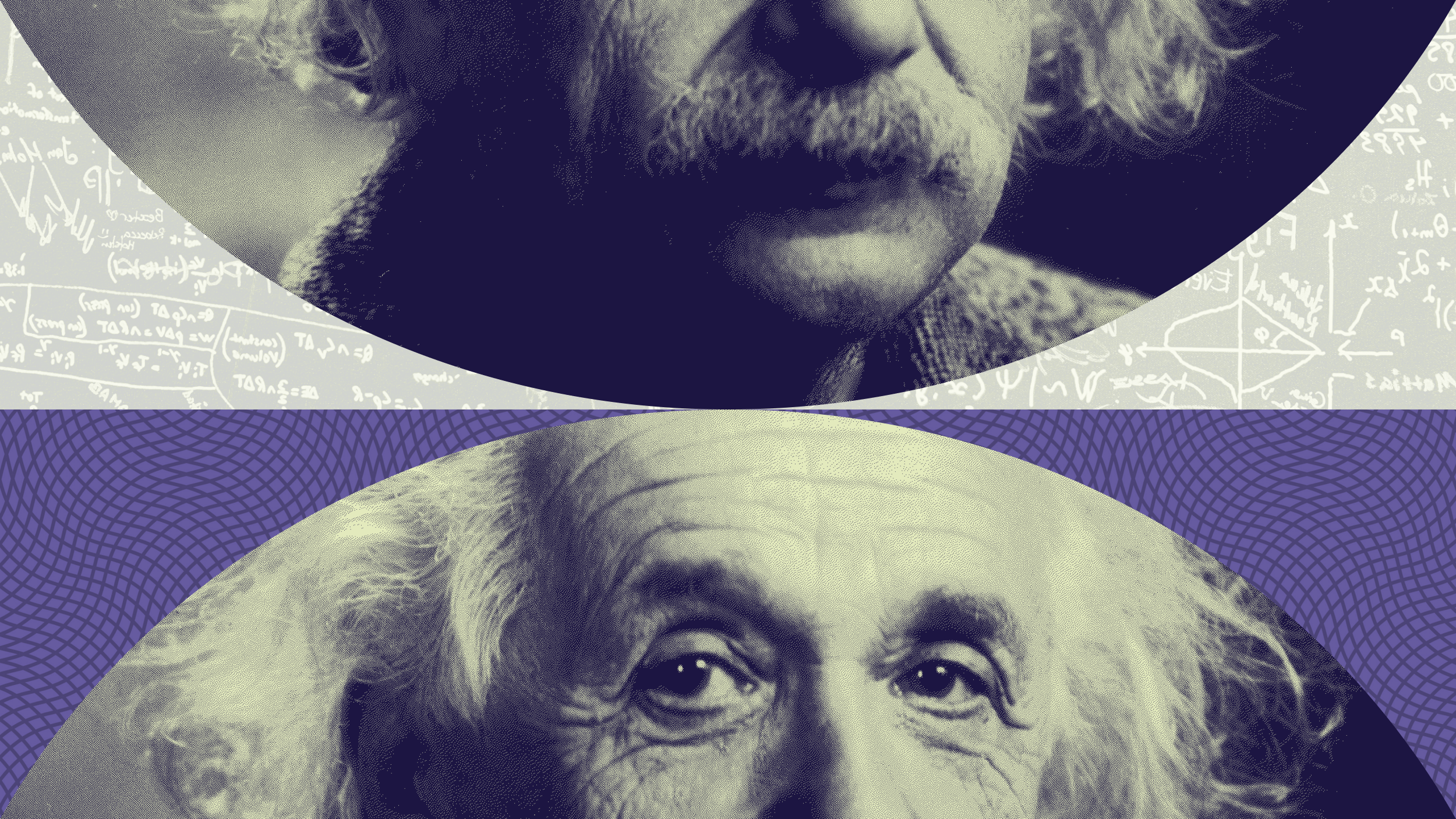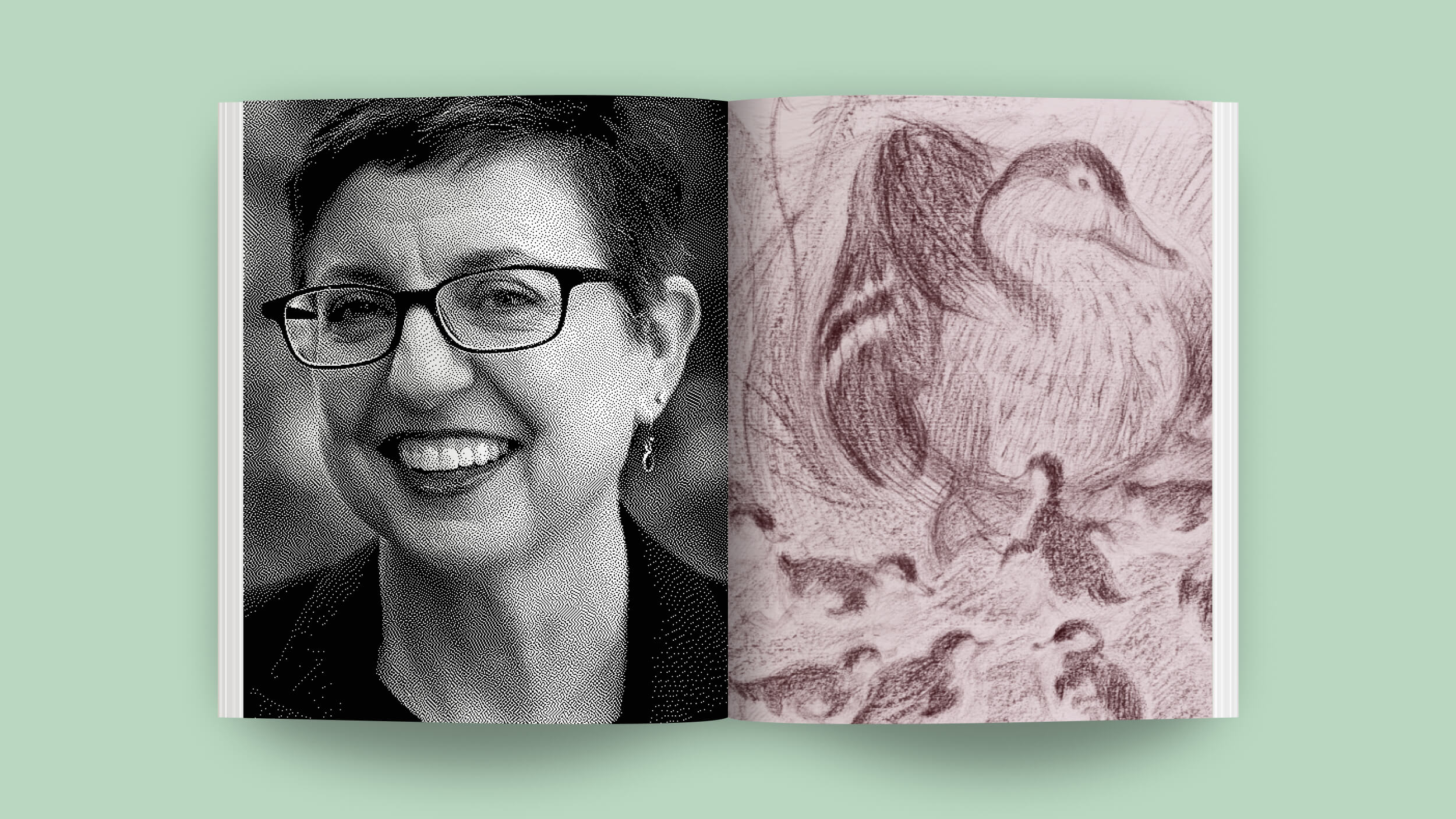The nuances of “founder mode”: Boundaries and empowerment

- The founder mode question, says VC Semyon Dukach, boils down to how involved a CEO should be in the core aspects of the business.
- Founders should trust emerging leaders to make their own decisions and learn from their mistakes.
- When scaling, founders should focus on the recruitment process for managers and seek out self-starters who are driven to succeed.
Ukrainian-American Semyon Dukach arrived in the US as a child refugee in 1979 and graduated from MIT in the early 90s. After building his reputation in startups and angel investing — not to mention a side hustle in professional blackjack following his exploits with the MIT Blackjack Team — he became a founding partner of One Way Ventures (established in 2017), which invests in immigrant-founded businesses. He is also co-founder of the nonprofit See Forward Ukraine, whose advisors include psychologist Steven Pinker.
In the wake of investor Paul Graham’s widely debated recent essay on “founder mode” — which raised hot-button issues of management, delegation, and control when scaling startups — Big Think sought out Dukach’s experience and expertise in the founder space. Does Graham have a point? Is there a place for Musk-esque “nano-management”? Does a third way exist, somewhere between “founder mode” and “manager mode”? As well as answering these questions he throws in “the most valuable piece of advice you can give to any startup founder.”
Here’s our exchange.
Big Think: What are some of the characteristics of successful immigrant founders that have made the biggest impression on you?
Dukach: Immigrant founders rarely give up. I’m not talking about people who’ve already launched successful companies in their home country and have moved it across borders. When you choose to leave your country, you’re leaving behind your social and cultural circle. Sometimes, people don’t want you to go, or even succeed. It’s a difficult personal decision. Going back often isn’t an option. So you have to prove that the faith you had in yourself and your future will work out. When it comes to leading a company with no job security or guarantee of funding — that takes a certain amount of belief.
That’s one of the reasons that immigrant entrepreneurs will persevere through harsh times to reach their goal, going even further than native-born founders — they’re still at the table when the situation shifts in their favor, and all of a sudden their company thrives.

Big Think: One Way Ventures is rooted in “collective experience and network” — where does the individual brilliance of the “visionary leader” fit into your equation?
Dukach: There’s a distinction between a visionary figure taking the reins of a company, and the community around them that eases their path to success. A collective can share their wisdom with less experienced founders. They’re not going to help you build your company, but they’re going to help you not make mistakes that they already made.
Each individual member of an entrepreneur collective is typically a visionary leader in their own right. But they have decades of combined experience that can elevate founders — especially those from non-traditional backgrounds who may not have established networks and mentors — far beyond what they could do on their own. They can point them towards their first customers, advisors and sources of funds.
Big Think: Are there any parts of Paul Graham’s essay on “founder mode” that resonated with you?
Dukach: Paul Graham’s post resonated strongly with me. He’s not advocating for founders micromanaging everything. However, he’s reminding entrepreneurs that this is your company, and that “over-delegating” to people with a lot of credibility on paper — or even quantifiable success in much larger organizations — isn’t going to work out well. What this boils down to is simply how involved the CEO should stay in the core aspects of the business. While they must put in place competent and independent-minded managers, they should also be active and curious about every part of the company.
Letting go of your initial instinct to control everything isn’t the same as giving up your ability to get into the weeds across different situations
I think as a founder CEO you absolutely have to learn to trust emerging leaders within your organization to make their own decisions and learn from their mistakes. But letting go of your initial instinct to control everything isn’t the same as giving up your ability to get into the weeds across different situations, or to maintain close relationships with key individual contributors as you’re scaling.
You need to still be spending time with regular employees and showing them you care about what they’re working on, whether that be by sitting with them at lunch or dropping in on their standups. That’s all very separate from having clear boundaries and board oversight, which is always necessary to run a resilient business that won’t succumb to bad decision making by an overly-powerful leader.
Big Think: Some critics of “founder mode” have called it, essentially, micromanaging in disguise. Is that a fair criticism?
Dukach: I hate micromanaging. If you hire people who are ambitious and driven enough, you don’t have to micromanage anyone. It’s vital that founders who are scaling focus on the recruitment process for managers. They need to hire self-starters who are driven to succeed and don’t need hand-holding. They need to align with the mission and culture of the company.
In successful teams, the founder will meet with their managers once or twice a week, discuss priorities, then the managers will go off and do the job, and come back to the founder when problems they can’t solve themselves arise. The founder rarely has to look over their shoulder. This can be hard for a founder to do, especially on the engineering side, where there are tight deadlines on projects. That’s where founders often end up micromanaging more — but what they really should be doing is empowering the team to understand the importance of the job they’re doing and how to get there on time, not stand over them.
Big Think: Elon Musk once described himself as a “nano-manager” — is that intense level of involvement something you would advise?
Dukach: Elon Musk’s management style can sometimes make it difficult for his companies to retain the best talent. At first, the aura of Elon and his success attracts extremely talented people, but they often get exhausted and question if it’s worth it. An important aspect of this “nano-management” style is that it demands that employees give 100% to the job and to making the company better, at the expense of their family, friends and private life.
One thing that’s a very good trait of Musk’s is that he’s willing to go the same distance. He’s not expecting only his employees to go all in without him also putting in 100%.
One thing that’s a very good trait of Musk’s is that he’s willing to go the same distance. He’s not expecting only his employees to go all in without him also putting in 100%. He has been known to sometimes sleep on the floor of his factories, grinding it out with the team. Founders who can’t get as involved can still stand shoulder to shoulder with their team if they need to work weekends, and show them they hold themselves to the same demanding standard. On that front I think that what Elon is doing is great. But it’s also taken to the extreme. To avoid eventually burning out, most founders need to find a middle ground to reach their goals without completely sacrificing the wellbeing of themselves and their team for too long.
Big Think: Does the “founder mode” debate boil down to autocratic control vs. shared leadership?
Dukach: I don’t think that entirely shared leadership works. Democracy in companies and corporations generally doesn’t function, it leads to decisions not being made in time. You go into a meeting, sit there, discuss things, and leave the meeting without coming to a decision. It’s death by a thousand cuts.
In a startup, you have to have one ultimate decision maker, but the co-founder model can still work. It’s just more successful when you have one technical founder and one business founder, as they can complement each other in different areas.
Big Think: Do you have an alternative founder philosophy to the type of “founder mode” described by Paul Graham?
Dukach: To distill the ideal management approach doesn’t mean that one “mode” fits all companies. But as a common bit of advice, I’d tell founders to hire strong managers and let them do what they need to do to make the company a success. Continue to spend time with some of your employees so that no one is losing sight of the importance of the work they do, and with some of your customers so that you’re never out of touch with their needs.
More often than not, teams that are not on the business side, like engineering and product, don’t understand why the business side does things the way they do. There’s a disconnect. Take the time to explain to all team members why decisions are made, their crucial role in the company and the outcome of their work. Try to expose some engineers directly to customers as well.
Finally, founders often listen to themselves more than they like to listen to others. But the best founders, though they’re the ultimate final decision makers, are listening to everyone around them.
I admire all of the founders who I’ve seen face terrible conditions, radically reassess their strategy, and come out even stronger than before.
Big Think: Which founders and personal heroes have you most admired — and what traits have marked them out as exceptional?
Dukach: I admire all of the founders who I’ve seen face terrible conditions, radically reassess their strategy, and come out even stronger than before. Since interest rates rose and venture funding dropped, I’ve been seeing companies pivot, reduce their burn and downsize — yet actually accelerate their progress immediately after. That’s what I love about working with founders who believe in their vision so much that they just won’t quit.
Similarly, I value the belief that the impossible is actually possible: that’s something we see in hugely successful entrepreneurs like Elon Musk, and that I always look for in founders that cross my path.
Big Think: What is the most valuable piece of advice you can give to any startup founder?
Dukach: Never delegate the recruitment process completely to your team. Be one of the key decision makers. Don’t be cheap if you want to hire the best talent. That doesn’t need to mean money, it can be equity. The only way a company can succeed is with strong and determined talent by your side as you grow. You as a founder can’t build the company by yourself.





